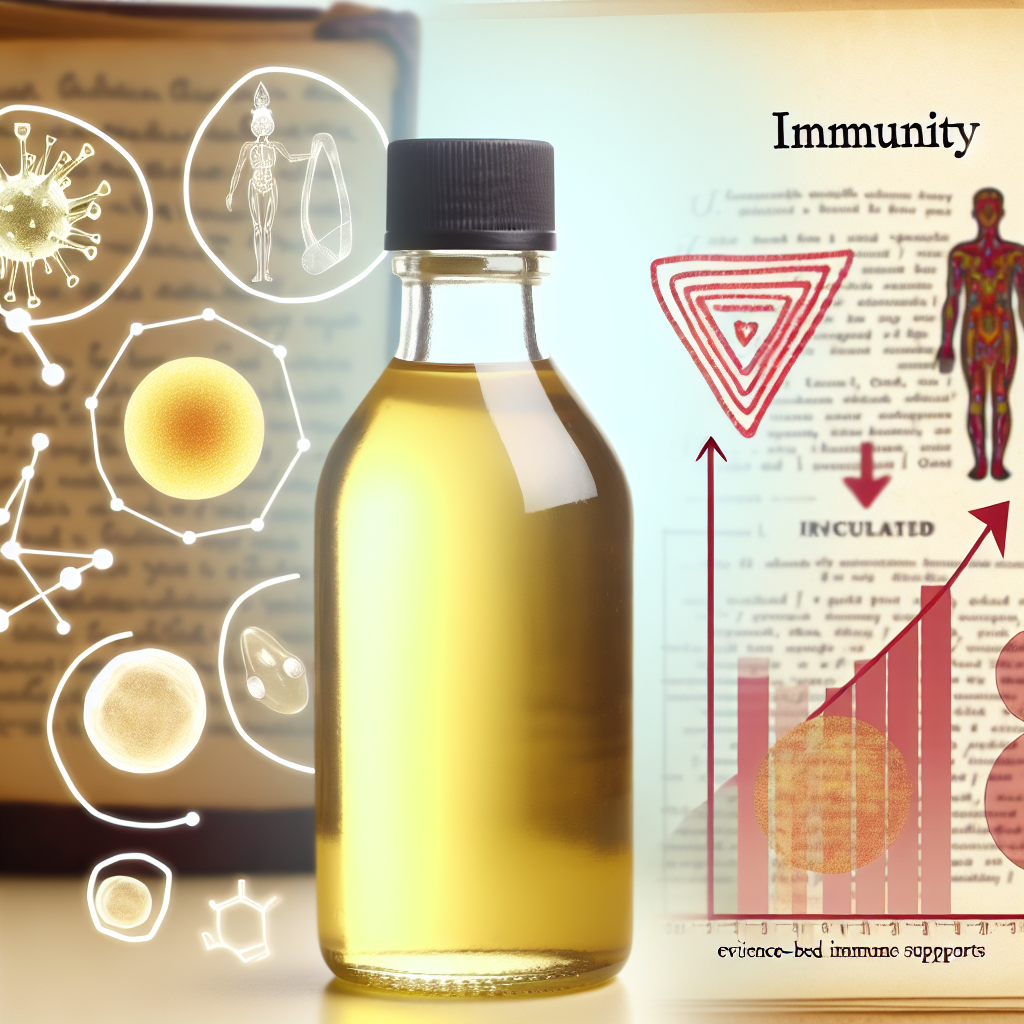Alternative Cancer Treatments: What Research Says
Introduction
Cancer remains one of the most challenging diseases to treat, with conventional treatments like chemotherapy, radiation, and surgery being the primary approaches. However, many patients seek alternative or complementary therapies to either replace or supplement these traditional treatments. Alternative cancer treatments range from herbal remedies and homeopathic solutions to dietary changes, acupuncture, and mind-body therapies. The appeal of these methods often stems from their perceived ability to support the body’s natural healing processes while potentially minimizing side effects associated with conventional treatments.
The interest in alternative cancer treatments is growing, particularly as more people look for holistic and less invasive methods to improve their well-being. Some believe that natural remedies can help strengthen the immune system, detoxify the body, and even slow cancer progression. Many forms of alternative therapies, such as herbal medicine, dietary modifications, and energy healing techniques, have been used in traditional medicine for centuries. Approaches like Traditional Chinese Medicine (TCM) and Ayurvedic treatment emphasize restoring balance to the body while addressing the root cause of disease.
Despite their popularity, the effectiveness of alternative cancer treatments remains a subject of debate among medical professionals. While some natural therapies show promise in supporting overall health and improving quality of life, others lack scientific validation. Patients must exercise caution and consult their healthcare providers before starting any alternative treatment to avoid potential interactions with conventional therapies.
Scientific research into alternative cancer treatments continues to evolve. While organizations such as the National Cancer Institute (NCI) and the National Center for Complementary and Integrative Health (NCCIH) have investigated numerous natural and holistic therapies, the results vary widely. Some studies suggest that certain supplements and natural techniques may help reduce symptoms, improve immune function, and enhance overall well-being. Others show minimal or no effects and, in some cases, even potential harm. Given these mixed findings, it is essential to approach alternative treatments with a well-informed perspective based on evidence and expert guidance.
In this article, we will explore various alternative cancer treatments, highlight key medical and scientific studies, and evaluate the potential benefits and risks associated with these approaches. While alternative methods may not serve as standalone cures, they can play a valuable role in a comprehensive cancer care strategy when used responsibly and in conjunction with conventional treatment plans.
Scientific Studies on Alternative Cancer Treatments
Scientific research on alternative cancer treatments is a complex and evolving field. While some alternative therapies show promising results, others lack rigorous clinical validation. Below are some of the most researched alternative treatments and the findings associated with them.
Herbal Remedies and Supplements: Can Nature Help Fight Cancer?
Herbal remedies have long been used in traditional medicine for cancer treatment. Among the most studied are turmeric (curcumin), green tea extract, and medicinal mushrooms (such as Reishi and Turkey Tail).
– Curcumin: A study published in *Molecules* (2021) found that curcumin exhibits anti-inflammatory and anticancer properties by influencing various molecular pathways, including apoptosis (programmed cell death) in cancer cells. However, human studies are limited, and curcumin’s bioavailability remains a challenge ([source](https://www.mdpi.com/1420-3049/26/22/6901)).
– Green Tea Extract: Epigallocatechin gallate (EGCG), the active compound in green tea, has shown potential in slowing cancer cell growth. Clinical studies suggest it may help in cancers such as prostate and breast cancer but require further confirmation through controlled trials ([source](https://www.ncbi.nlm.nih.gov/pmc/articles/PMC4773183/)).
– Medicinal Mushrooms: Research published in *Frontiers in Pharmacology* suggests that compounds in Turkey Tail mushroom may help modulate immune function and enhance the effects of chemotherapy in some cases ([source](https://www.frontiersin.org/articles/10.3389/fphar.2018.00399/full)).
Diet and Nutrition in Cancer Treatment: Can Food Be Medicine?
Diet plays a crucial role in cancer prevention and management. Certain dietary interventions, including plant-based diets and ketogenic diets, have been explored for their impact on tumor progression.
– Plant-Based Diets: A review in *Nutrients* (2020) indicates that plant-based diets rich in antioxidants and phytonutrients may help reduce cancer risk and support overall health ([source](https://www.ncbi.nlm.nih.gov/pmc/articles/PMC7019969/)).
– Ketogenic Diet: The ketogenic diet, which is high in fats and low in carbohydrates, has been studied as a potential therapy for slowing tumor growth by depriving cancer cells of glucose. While some studies suggest benefits, others indicate mixed results and potential long-term risks ([source](https://www.ncbi.nlm.nih.gov/pmc/articles/PMC6375425/)).
Mind-Body Therapies: The Power of Meditation, Yoga, and Acupuncture
Mind-body therapies, such as meditation, yoga, and acupuncture, are gaining recognition for their potential role in cancer care.
– Meditation and Stress Reduction: A systematic review published in *Psycho-Oncology* concluded that mindfulness-based stress reduction (MBSR) programs significantly improved emotional resilience and reduced anxiety among cancer patients ([source](https://pubmed.ncbi.nlm.nih.gov/27641607/)).
– Acupuncture: Clinical studies suggest that acupuncture can help manage chemotherapy-induced nausea and pain, particularly in breast cancer patients undergoing treatment ([source](https://www.ncbi.nlm.nih.gov/pmc/articles/PMC6701280/)).
Cannabis and CBD for Cancer: Hope or Hype?
The use of cannabis-derived compounds like CBD (cannabidiol) has been explored for symptom management in cancer patients, particularly for pain relief and appetite stimulation.
– Studies published in *JAMA Oncology* suggest that cannabinoids can help alleviate chronic cancer pain while improving the quality of life for patients undergoing palliative care ([source](https://jamanetwork.com/journals/jamaoncology/fullarticle/2720982)). However, further research is necessary to determine its effectiveness as a direct anti-cancer agent.
Conclusion: The Role of Alternative Treatments in Cancer Care
Alternative cancer treatments continue to be an area of both interest and skepticism within the medical community. While some natural and holistic therapies show promise in easing symptoms and improving quality of life, most lack the extensive clinical trial data needed to confirm their efficacy as standalone cancer cures.
Herbal remedies, dietary modifications, mind-body therapies, and cannabis-derived treatments all have compelling research supporting their benefits, but they should be used as complementary strategies rather than replacements for conventional treatments like chemotherapy and radiation.
As scientific research evolves, it is crucial for patients to approach alternative treatments with a critical eye, relying on evidence-based findings rather than anecdotal reports. Consulting with healthcare professionals ensures that patients can safely integrate these therapies into their overall treatment plans. The goal of alternative cancer treatments should be to enhance well-being and support traditional methods while prioritizing patient safety and efficacy.
For those considering alternative cancer treatments, staying informed and seeking expert guidance is essential. Ongoing research continues to shed light on natural therapies, offering hope for a more holistic and integrative approach to cancer care in the future.
References
– [Curcumin and Cancer Research](https://www.mdpi.com/1420-3049/26/22/6901)
– [Green Tea Extract and Cancer Prevention](https://www.ncbi.nlm.nih.gov/pmc/articles/PMC4773183/)
– [Medicinal Mushrooms in Cancer Therapy](https://www.frontiersin.org/articles/10.3389/fphar.2018.00399/full)
– [Plant-Based Diets and Cancer](https://www.ncbi.nlm.nih.gov/pmc/articles/PMC7019969/)
– [Ketogenic Diet and Cancer Research](https://www.ncbi.nlm.nih.gov/pmc/articles/PMC6375425/)
– [Meditation and Cancer Patients](https://pubmed.ncbi.nlm.nih.gov/27641607/)
– [Acupuncture for Cancer Symptoms](https://www.ncbi.nlm.nih.gov/pmc/articles/PMC6701280/)
– [Cannabis and Cancer Pain Relief](https://jamanetwork.com/journals/jamaoncology/fullarticle/2720982)
Summary:
This article explores the research on various alternative cancer treatments, including herbal remedies, dietary modifications, mind-body therapies, and cannabis-derived compounds. While some of these natural approaches show promise in supporting overall health and improving quality of life, most lack extensive clinical validation as standalone cancer cures. The article emphasizes the importance of approaching alternative treatments with a critical, evidence-based perspective and consulting healthcare professionals to safely integrate them into comprehensive cancer care strategies.

Dominic E. is a passionate filmmaker navigating the exciting intersection of art and science. By day, he delves into the complexities of the human body as a full-time medical writer, meticulously translating intricate medical concepts into accessible and engaging narratives. By night, he explores the boundless realm of cinematic storytelling, crafting narratives that evoke emotion and challenge perspectives.
Film Student and Full-time Medical Writer for ContentVendor.com




